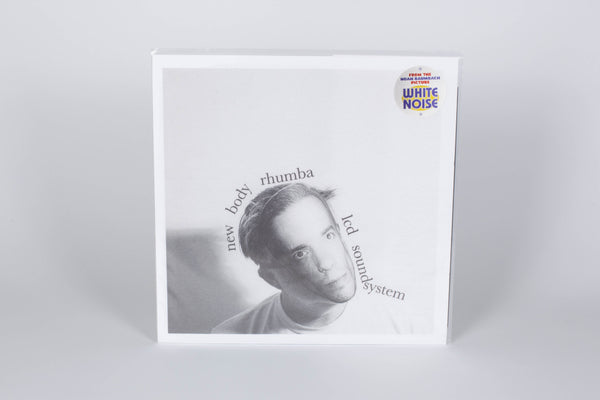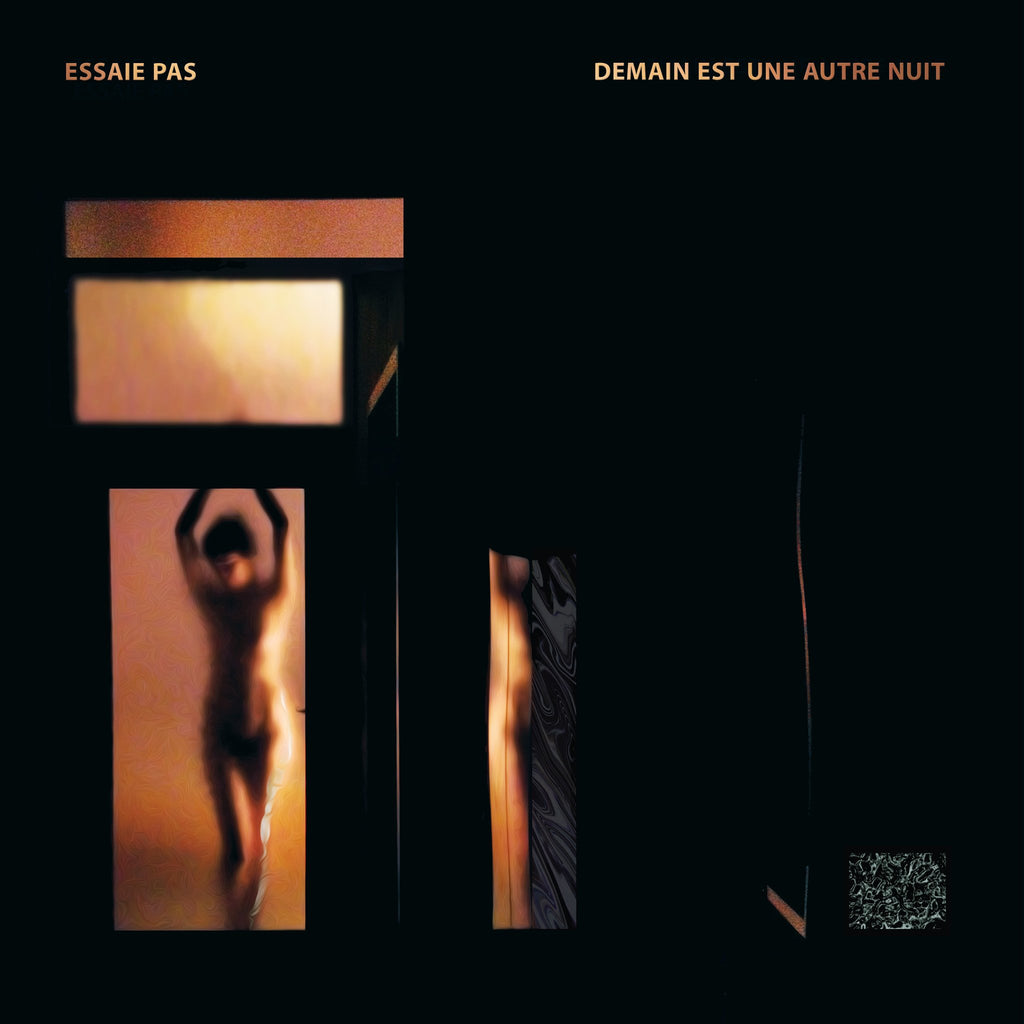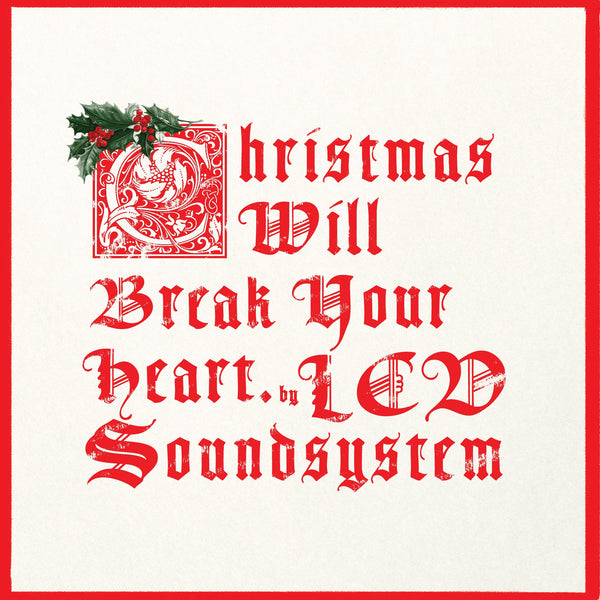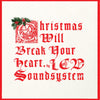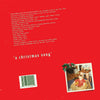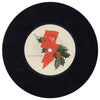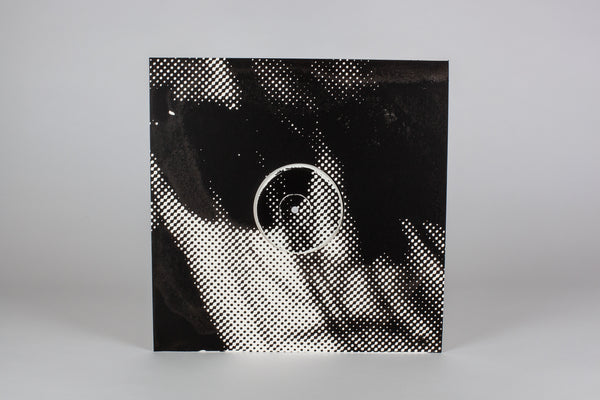Montreal-based electronic duo Essaie pas is comprised of Marie Davidson and Pierre Guerineau. Both are respected musicians in their own right - Marie having released two acclaimed solo records, with Pierre being best known for production work on underground Canadian musicians such as Dirty Beaches and Femminielli. Essaie pas was born on a hot summer night in 2010, releasing some ultra-limited singles which culminated in their debut LP, Nuit de noce (Teenage Menopause Records) in 2013. The mix of drawling guitars, français mumbles, and minimal electronics caught the ear of DFA Records, who booked the pair to open for Factory Floor on their first North American tour.
The origin story of -Demain est une autre nuit- begins when the band returned from their first European tour to find that they had lost both their studio space and apartment. La Brique, their studio, practice space and renowned underground music institution, had fallen victim to the city’s rapid gentrification and closed permanently. Conflicts with their wacky landlord had also left them without an apartment, leading them to return to Montreal’s winter without many prospects. They lucked into a temporary practice space during the off-hours at the offices of Le Filles Electriques, an independent interdisciplinary festival producer. This space soon became Pierre’s new studio, and Marie’s new home. The many corridors of the empty industrial building also provided a way for Marie to work out in the frigid Montreal winter nights, running “everywhere possible, listening to techno, acid, and italo disco, being mutually inspired by the space and the sounds.” About eight months later, Demain est une autre nuit (“tomorrow is another night”) was born. “This environment influenced our music,” says Pierre, “The sounds are more clear and open, the production has more depth, on a full frequency range.” Their living conditions on tour were another major influence, “Staying at different people’s places around the world for a whole year accentuates the feeling of being a stranger wherever you go, even in your own town, but also creates a feeling of being part of an international community, opposed to a scene that exists only in one city.”
Essaie pas’ music can not be tied to a specific genre It is a document of the encounter of two human beings mutually experimenting with music and sounds, and eventually falling in love while doing so. They are constantly pushing the boundaries of their comfort zone with new methods and technique, aiming to communicate that which is unspeakable.Their musical language is vibrant and varied - comparisons range from Film Soundtracks, Electronic Body Music, Disco, and Techno, with sensually-delivered lyrics exploring the themes of fantasies, obsessions, and the feeling of “The Void”. Marie explains, “The title comes from a joke we made when going to bed one morning, talking about our plans for the next evening.” Pierre adds, “Night is a place of freedom, a place where fantasies and obsessions are not tied by moral constraints. It’s also a time where the feeling of loneliness is stronger and when emotions and memories arise, whether you are facing it or running away from it. I think the tension and sense of urgency on the record comes from that dichotomy.”
Facing The Music is an excellent demonstration of this dichotomy - its throbbing electronic percussion and sawmill synths racing towards a seemingly-inevitable climax, only to disintegrate in an instant. Similar in tone, Retox begins with an air-raid siren that explodes into electronic pulses and spiralling handclaps, with Pierre’s solemnly spoken vocals countering Marie’s sensual cadence. Lead single Le port du masque is a frenetic ode to obsession, about a man being obsessed with the ghost of an impossible relationship. Pierre explains - “I already had some of the lyrics and the idea of a woman’s mantra but months later, while I was jamming a motorik beat with a TR-505 through a delay pedal, I found the perfect foundation for it.” The band’s first composition, Carcajou appears here for the third time in an entirely different incarnation - Marie’s vocals alternately yearn and taunt, diving into and out of layers of drum machines and analog synthesizers. Closing track La Chute is the band at their most Angelo Badalamenti, with mournful organ and wheezing gasps giving way to what sounds like gentle applause, but in actuality is the last frames being fed through a film projector.
- Demain est une autre nuit
- Depassee
- Retox
- Carcajou 3
- Le port du masque est de rigeur
- Facing The Music
- Lights Out
- La chute
